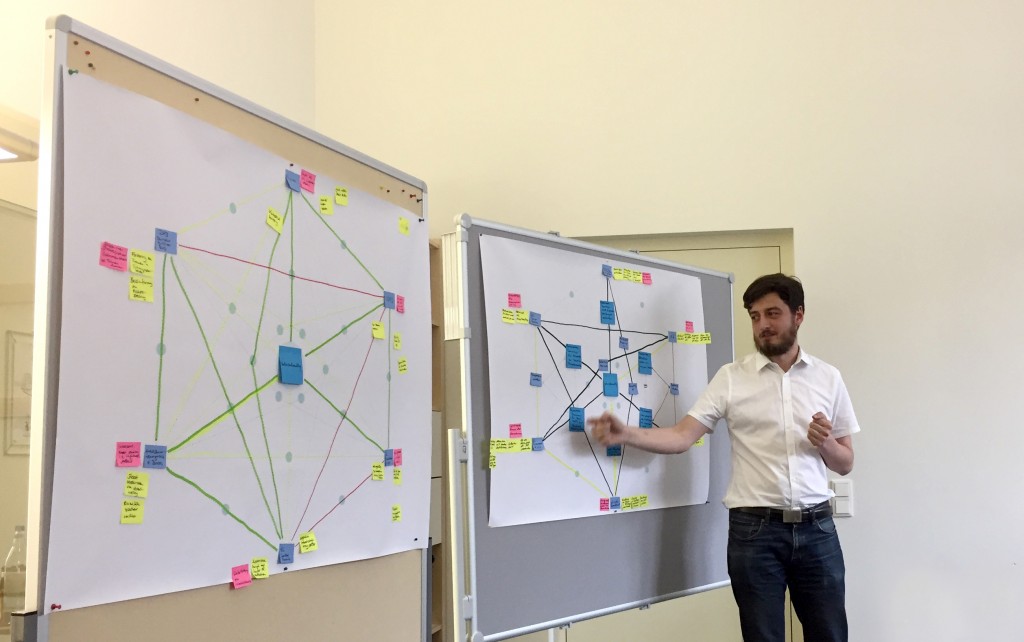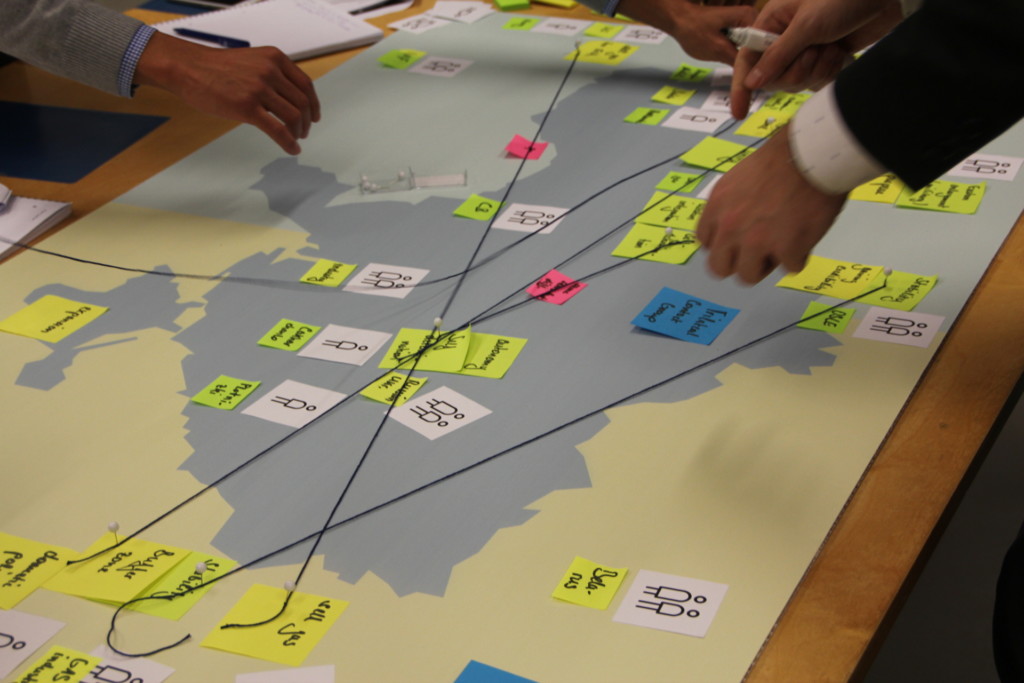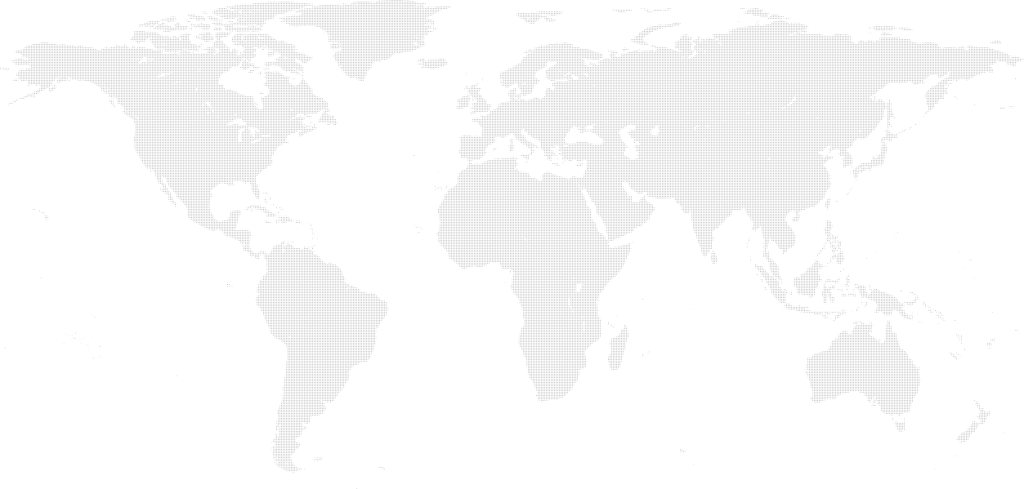“Legal Communication”
Litigation PR Conference 2017
Over 75 participants from different areas like politics, economy, law and media participated at the 2. Litigation PR Conference. During workshops, interviews, a panel discussion and presentations they discussed the future of legal communication, its challenges and opportunities.
At the second Litigation PR Conference by N.CH and its partners, the ZHAW School of Managemen and Law and AGON PARTNERS LLP, 19 experts discussed and analysed the relationship between the press, the public and the judiciary. It hasn’t gotten easier since the last conference in June 2016.
“Communication Is Like a Handgranade”
After the opening by the director of the business law department of the ZHAW SML, Jens Lehne, Council of States member Daniel Jositsch shared his experience of being a politician, professor and lawyer. He criticized that today’s journalists are more interested in washing dirty linen in public instead of doing what their primary job is: researching the fact and informing the public. The media is always looking for the “bad guy” and if they do a mistake, they only correct themselves if they can blame someone else. Hannes Hartung, former lawyer of Cornelius Gurlitt in the 2012 Munich artworks discovery, told his view of the story and how he tried to manage the perception of his client trough interviews or the creation of an own website, which helped to create awareness of the story of his client in public. Both experts were of the opinion that especially in a Litigation PR crisis, one needs to be able to rely on experienced strategists, public relations consultants and lawyers in order to be able to develop creative and new solutions. No training or study can replace experience when dealing with the media, the public and the social networks in a crisis.
“Today’s lawyers need to know when it’s important to include a public relations expert.” – Daniel Jositsch
A New “Mistake”-Culture Is Required
How to deal with and communicate mistakes and the importance of facts were the returning themes during the three short-interviews of the conference. Richard Eisler, CEO of Comparis, described during his interview with communications expert Mark Alder, how his company avoided an unnecessary escalation during a conflict with the Swiss Federal Office of Health. At the end, the uncovered facts proved his company was on the rights side since the beginning. A different example for a Litigation PR crisis was discussed by public relations consultant Hans Klaus and journalist Andrea Fiedler. Hans Klaus outlined the importance of including critics and different perspectives especially in times of crisis. He presented the case of VW, where many mistakes were made due to a too hierarchical system, which discourage people from pointing out obvious flaws of the strategy of the management. Finally, Patrick Krauskopf and Noemi Schöni discussed the challenge of social media and how to communicate of having made a mistake without declaring ones guilt. They outlined the context of a case and its publicity is of upmost importance, which in some cases makes it difficult to communicates one mistakes without creating legal liabilities. Using the case of United Airlines as an example, Noemi Schöni explained that while it would have been not a problem for the company to reimburse the passenger, the social media attention of the case created a negative downspiral which was increased be the unprofessional behavious of United Airlines itself. A cohesive and sustainable communication strategy could have avoided a lot of the negative press and media attention in this case.
“In an extremly hierarchical company there is no culture of contradication. In such a situation it is not surprising that employees go directly to the media in a crisis situation.” – Hans Klaus
Three Cases and a New Methodology
Three workshop gave participants the opportunity to discuss new strategies and cases. Martin Jenewein showed the tools of Litigation PR in international conflicts, using the case of Dmitrij Firtasch, who arrested by the FBI in Vienna, as an exmaple. Armin Sieber showed how communication strategy work in case of a plastic surgery clinic which had to face the challenge of damaged implants. Daniel Hardegger, Christian Schlimok and Andreas Huthwelker presented a new method called “The Map”, which was used the analyse the #keingeldfuerrechts campain in November-December 2016, initiated by Gerald Hensel. The method, which combines negotiation techniques, design thinking, strategic foresight and organisational analytics, allowed to gain insight how the various Stakeholders were connected and how the interacted with one another.
“In a crisis being able to take a step back allows to get a comprehensive overview about what is actually going on” – Daniel Hardegger
Court of Public Opinion
During the panel discussion, which was moderated by Prof. Dr. Patrick Krauskopf, Roland Binz, Juan Cortizo, Michael Knoll, Natalie Rickli and Rena Zulauf, discussed the role of the media and the challenges of companies and not-for-profit institions dealing with them. While the communications is getting more and more important, media companies are loosing the control over their news because organisations are able to communicate directly with their target audience. Additionally, the public reacts usually very emotionally and it is difficult the change the opinion of the public later. It is therefore important to be aware about what is being discussed in the press and in social networks but at the same time not be intimidated and lose the initiative.
After the conference, the participants continued their discussion during the gala dinner at the historic “Haus zur Geduld” right in the center of Winterthur. The key-note was hold by Dominik Isler, CEO of the Swiss Economic Forum (SEF).
Visit the webpage of the Litigation PR Conference for more information.





